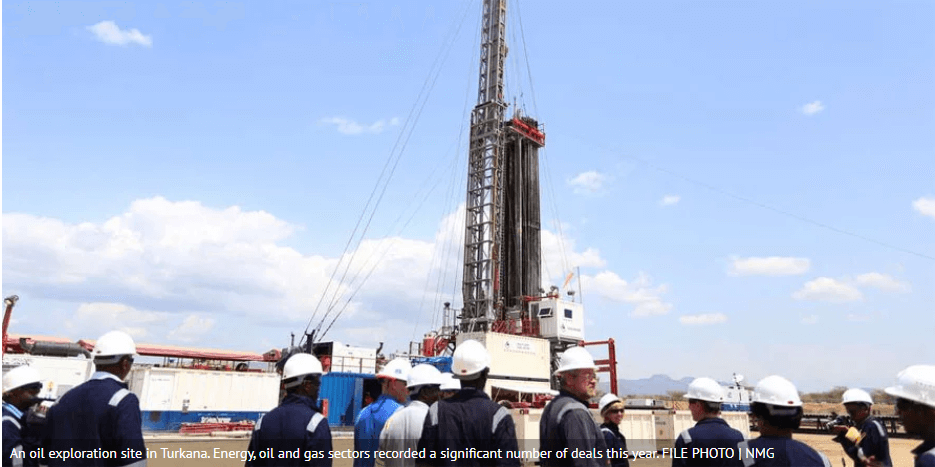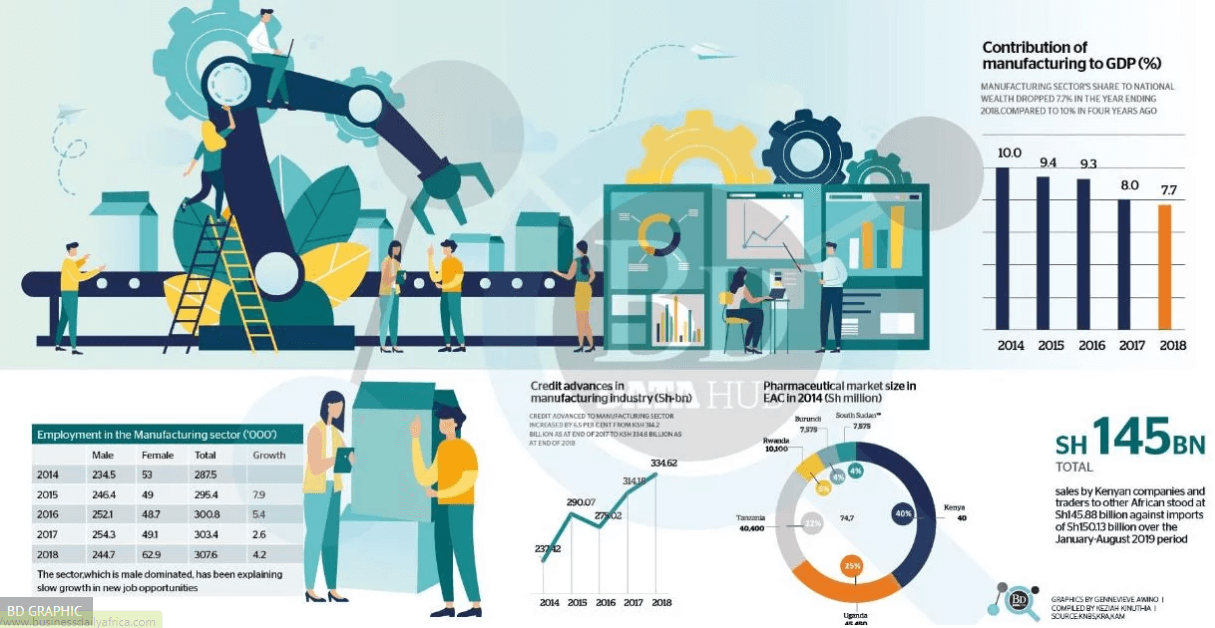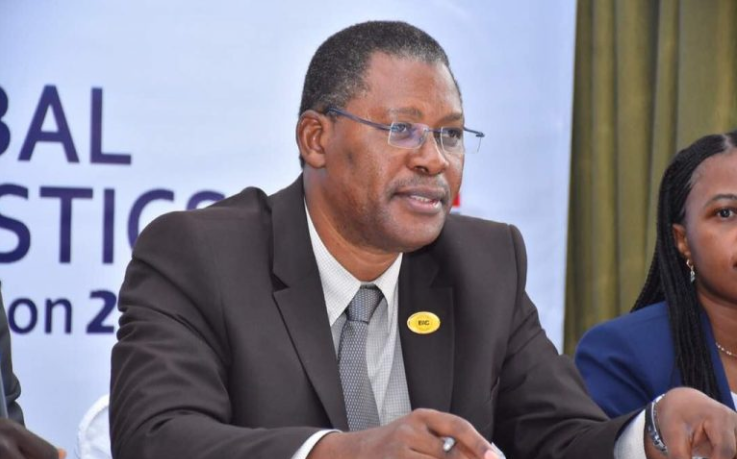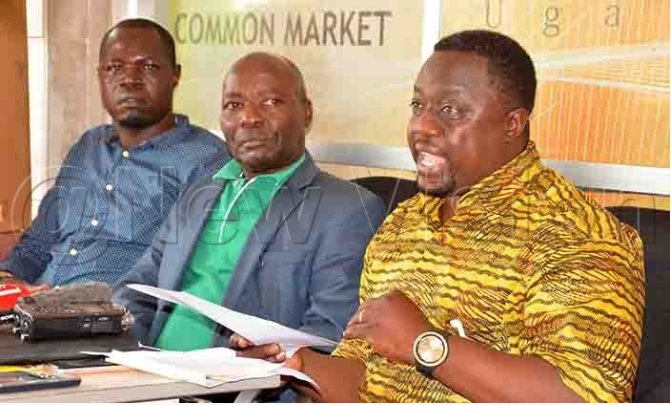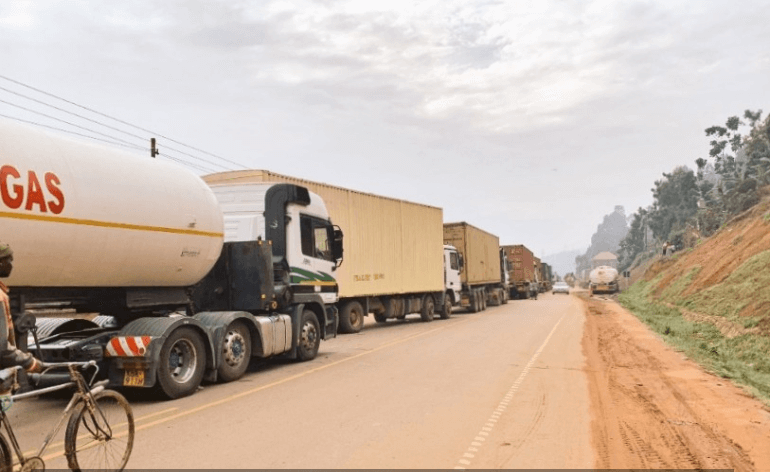The financial services sector continued to dominate the East African deals space in the 10 months to October, helping drive the number of disclosed deals higher by 46 percent to 91. Analysis by advisory firm I&M Burbidge Capital shows there has been increased activity in the region, largely led by private equity investments, mergers and acquisitions. The number of disclosed deals has gone up to 91 from 62 in the same period of last year, with the disclosed value of transactions hitting $1.6 billion (Sh162.6 billion). Kenya led the region with 68 deals, followed by Tanzania (14), Uganda (13), Ethiopia (7) and Rwanda (6). “The highest volume of deals in the year to date has been recorded in the financial services sector— 20 out of the 91 disclosed deals. Other sectors that have seen significant deal activity are the agribusiness sector and the energy, oil and gas sector,” said I&M Burbidge in the October 2019 East Africa financial review report. The disclosed value of deals in the same period last year stood at $1.16 billion (Sh118 billion), although due to the large number of deals whose value remains a secret, pinpointing the exact financial value of activity is difficult. In terms of disclosed value, the energy, oil and gas sector contributed the lion’s share at $797.5 million (Sh81 billion) even though it had only half the number of deals as the financial sector at 10. Deals in this sector tend to be large ticket, with the most significant this year...
Financial sector tops as East Africa deals up 46pc
Posted on: November 25, 2019
Posted on: November 25, 2019

